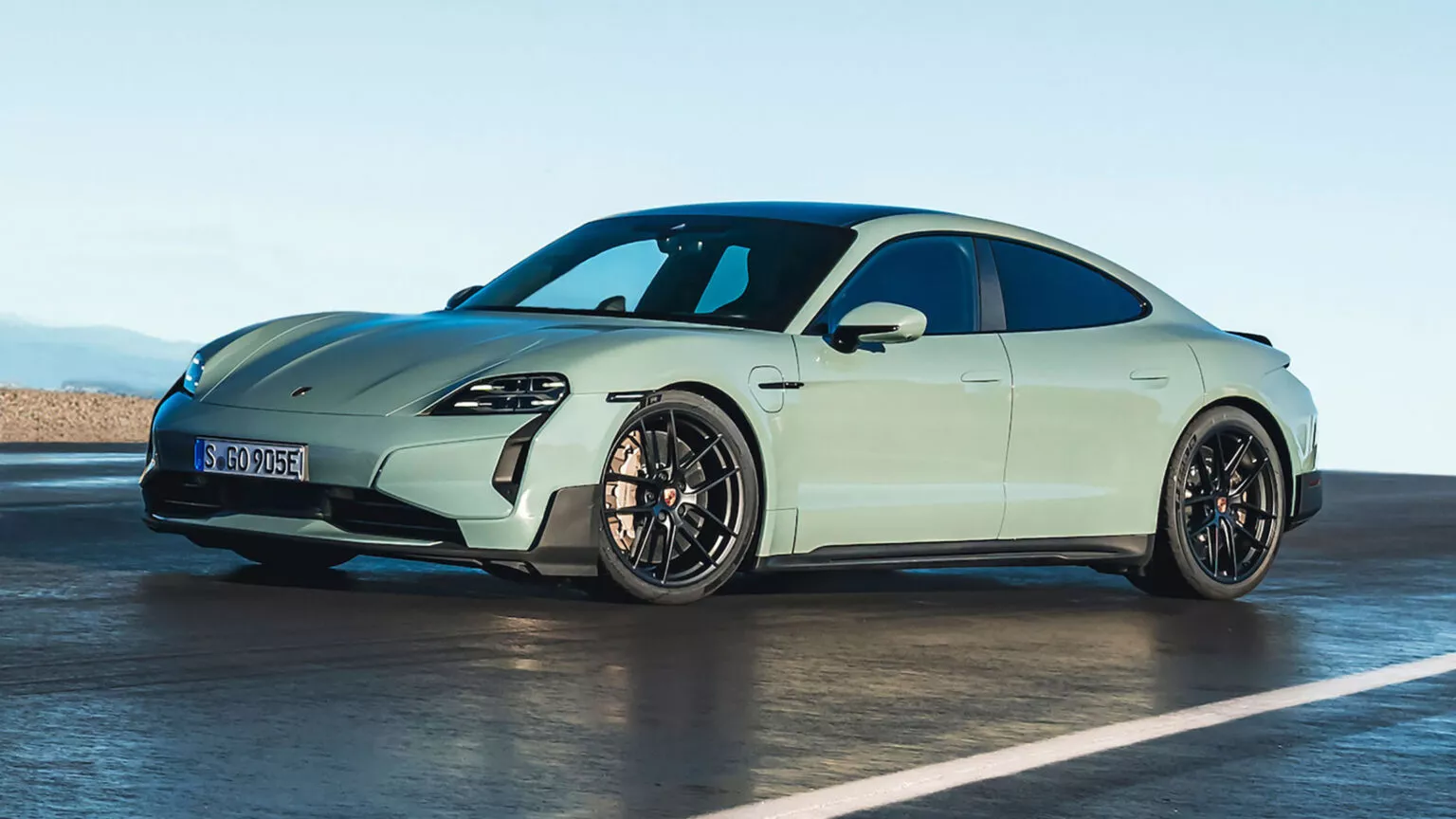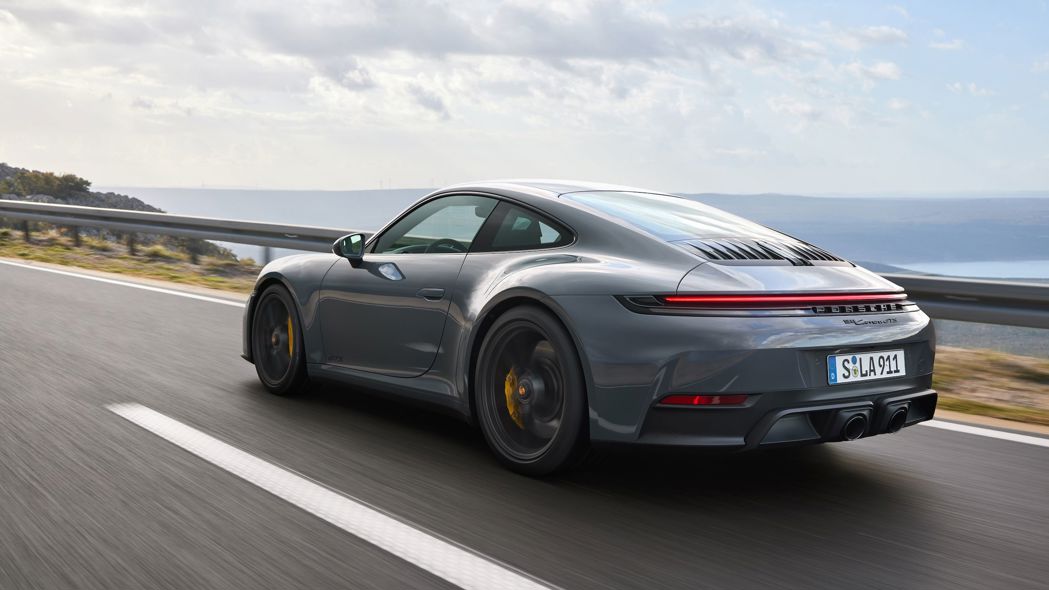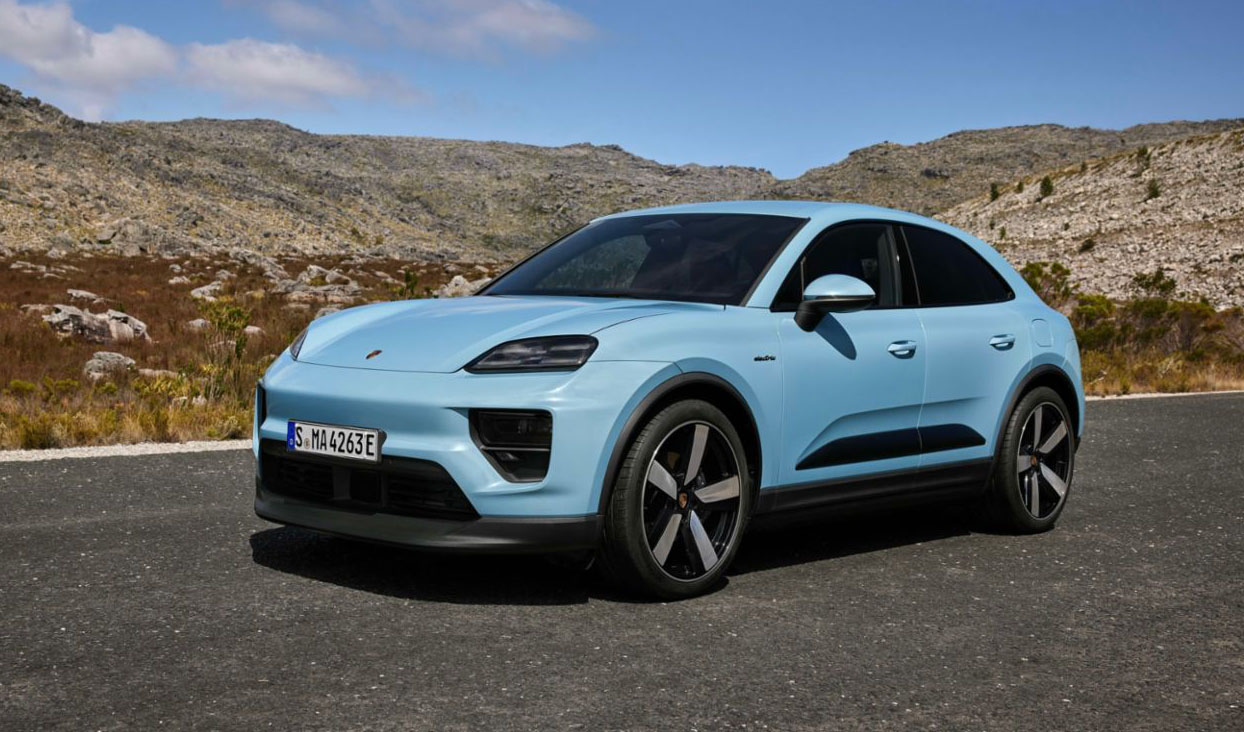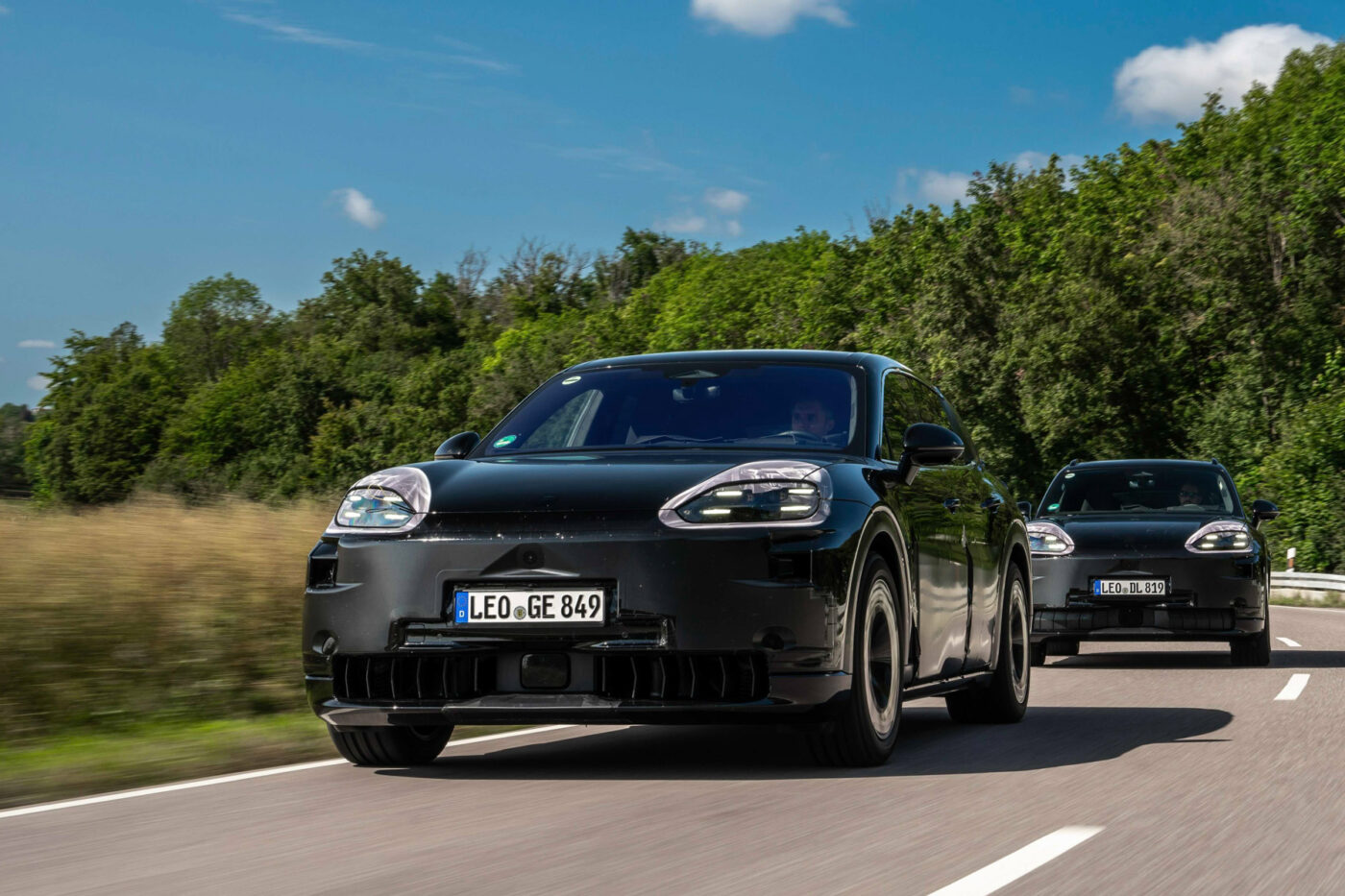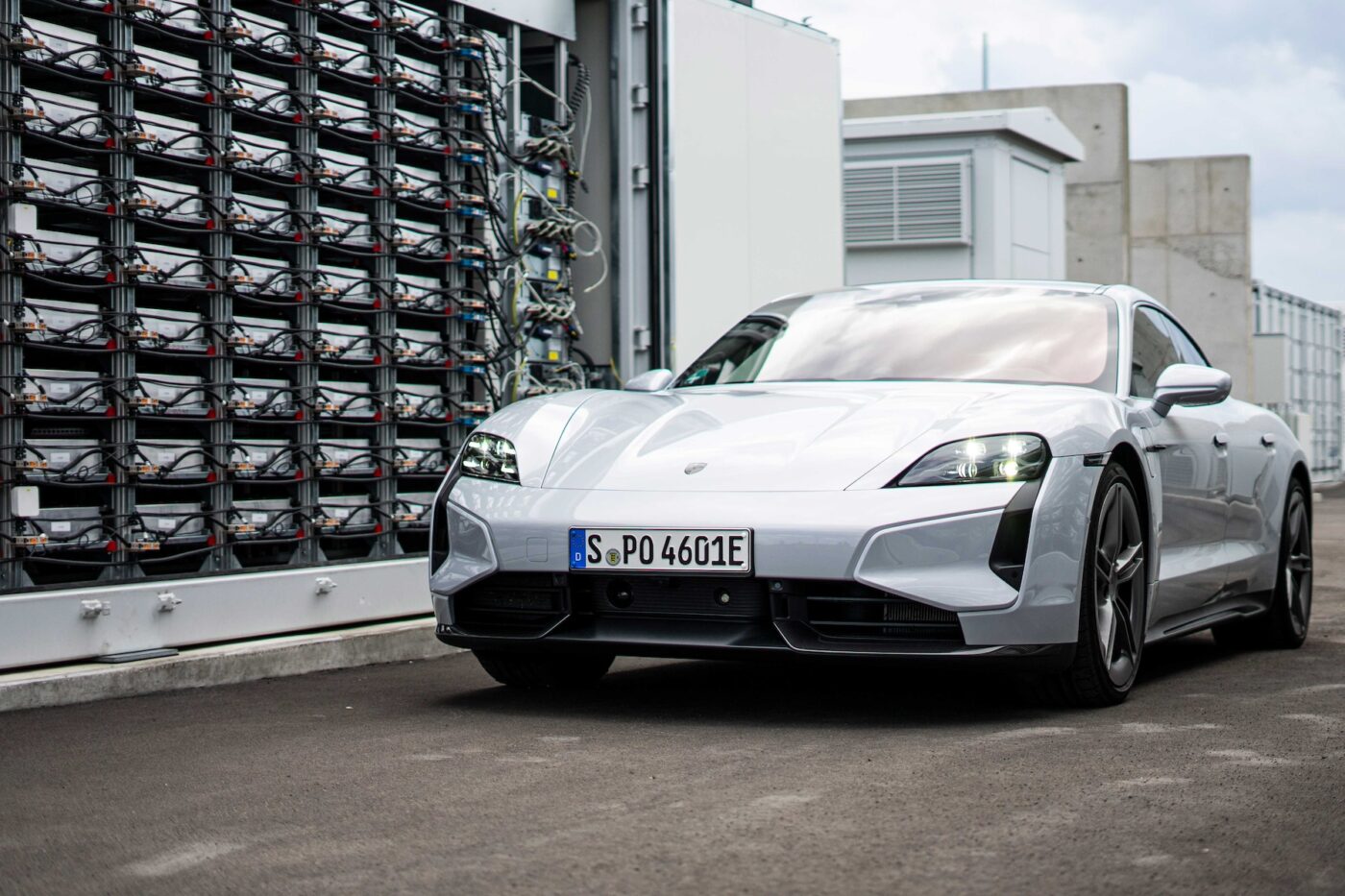Porsche, renowned for its luxury sports cars, is confronting a decline in sales of its Taycan electric vehicle (EV), prompting the automaker to reportedly reduce production at its Zuffenhausen plant.
Introduced in 2019 as Porsche’s first fully electric model, the Taycan initially enjoyed strong success, becoming the top-selling Porsche in Europe by 2021, surpassing traditional gas-powered models like the 911 and Panamera.
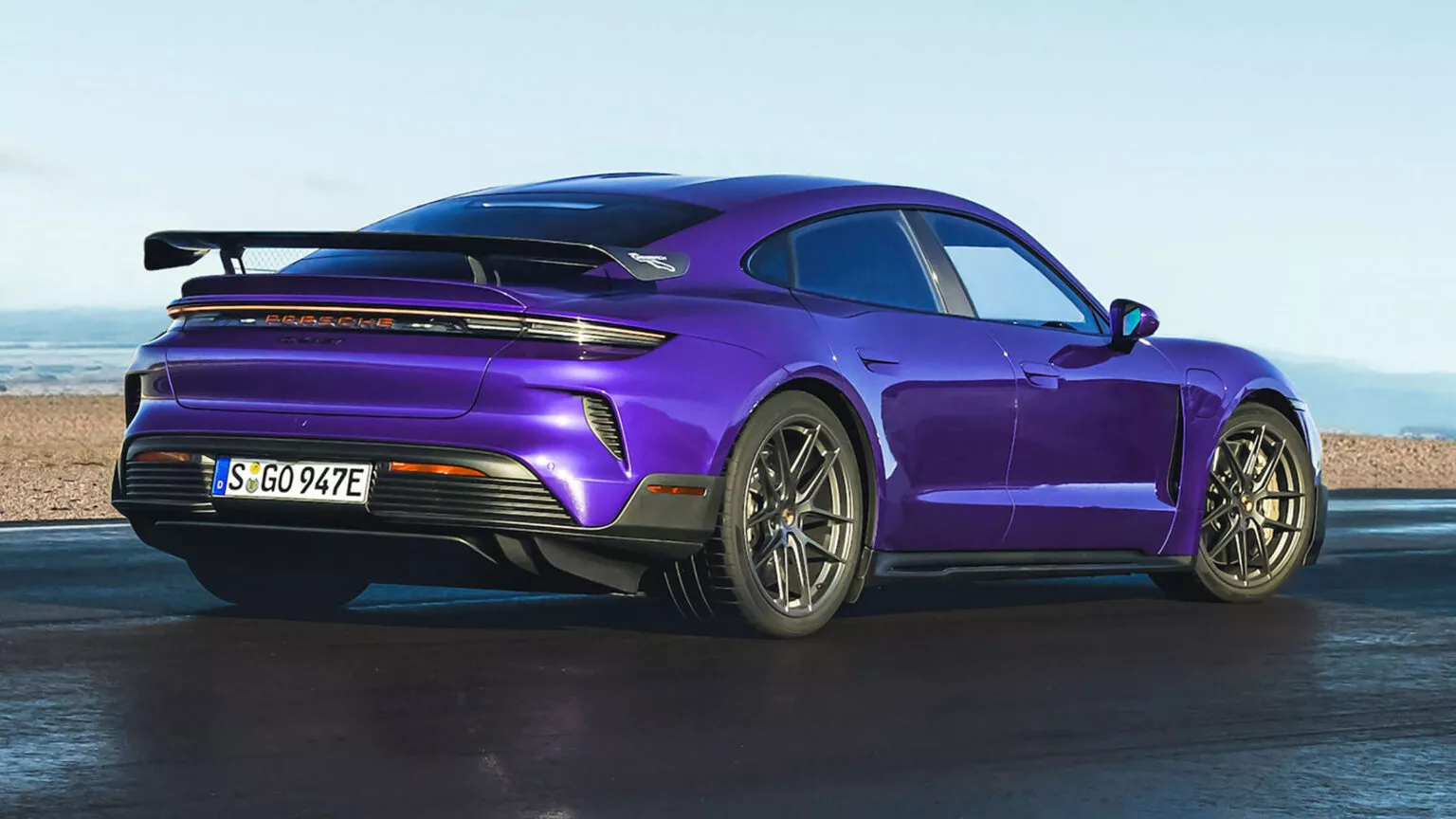
In 2021, Porsche achieved a milestone with 41,296 Taycan deliveries, more than double the previous year’s figures. However, the momentum proved fleeting, as subsequent years saw sales dip, with 34,801 units sold in 2022 and a modest increase to 40,629 units in the following year.
The first quarter of 2024 marked a sharp downturn, with Taycan sales plummeting by 54%, despite the launch of the enhanced 2025 model in February, which promised enhanced range, faster charging capabilities, and superior performance.
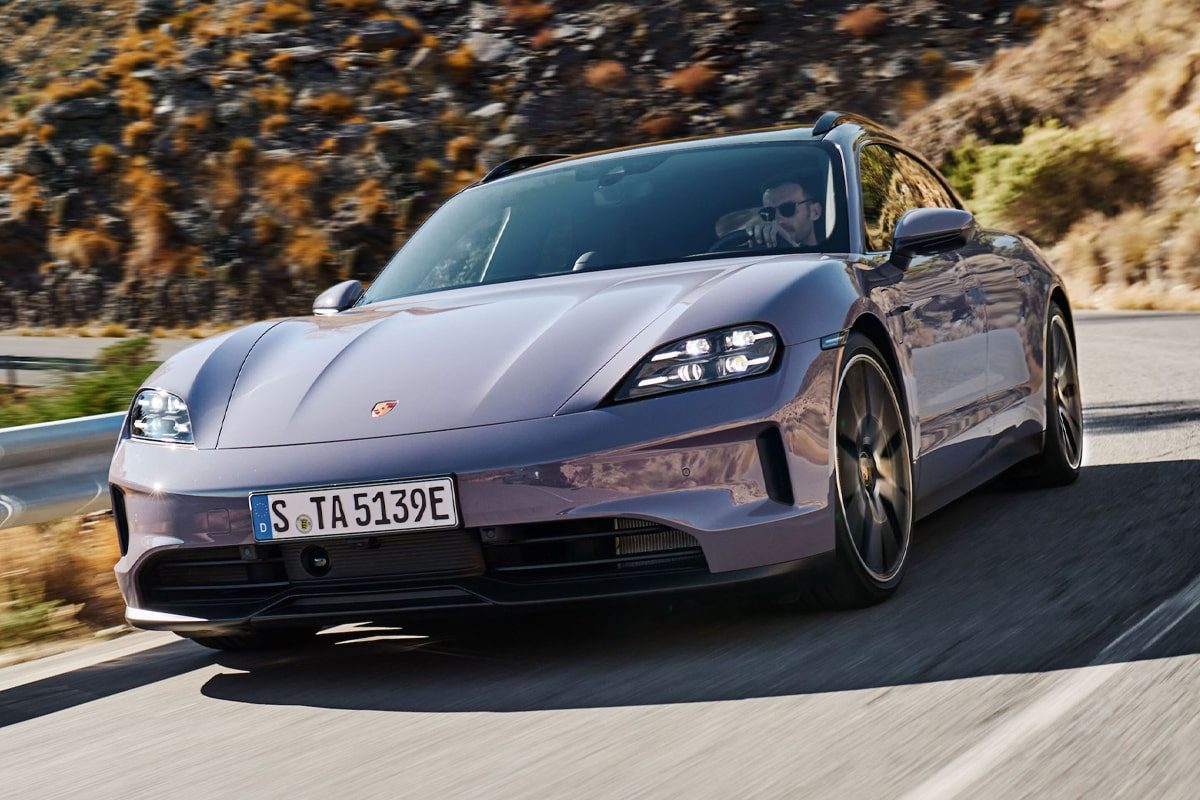
Reports from Germany’s Stuggarter Zeitung indicate Porsche’s decision to scale back Taycan production to a single shift at the Zuffenhausen facility, signaling a strategic adjustment rather than layoffs. CEO Oliver Blume emphasizes a structural reorganization to address market challenges, steering away from price reductions that could compromise Porsche’s luxury brand image.
While Porsche navigates the Taycan’s sales decline, Blume remains optimistic about the brand’s prospects, describing Porsche’s sales trajectory as “V-shaped.” The company plans to introduce four new models in 2024, including updates to the Taycan, iconic 911, and Panamera. However, all eyes are on the all-electric Macan SUV, recently launched amid high anticipation.
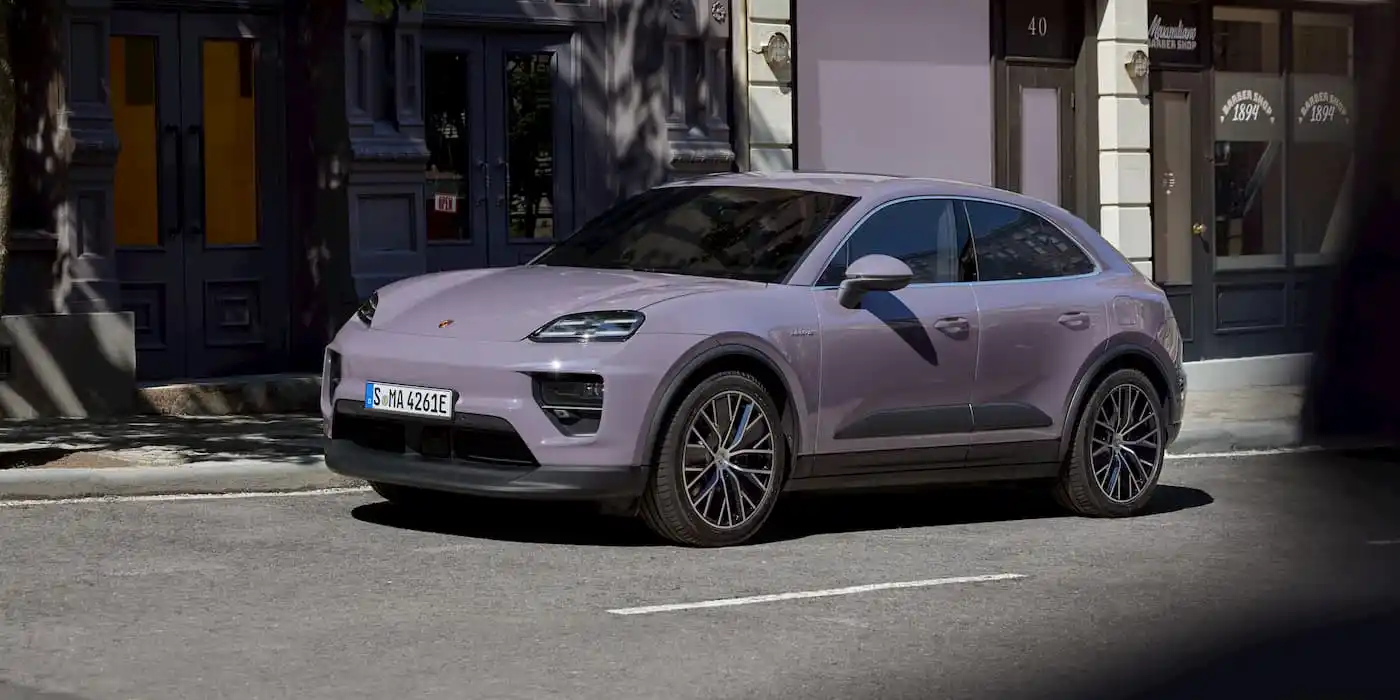
Production of the Macan EV commenced in May at Porsche’s Zeipig plant, with deliveries set for later in 2024. Blume highlights robust pre-orders, particularly from Chinese markets, where Porsche faces a challenging 24% sales decline in the first quarter of 2024.

